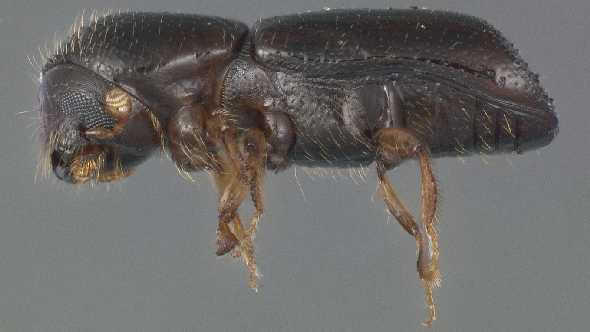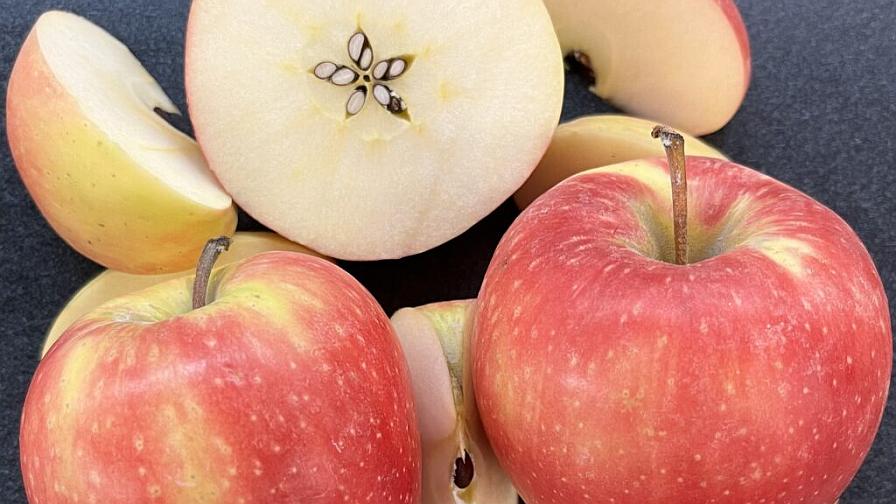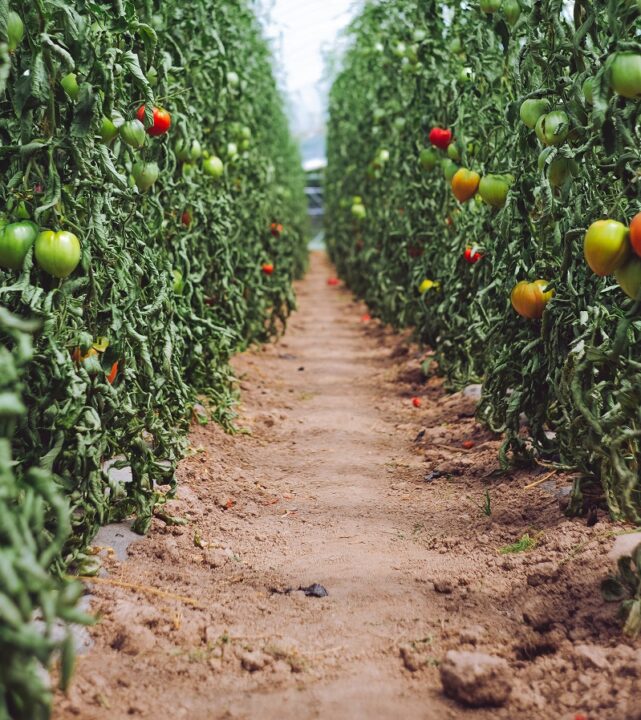Potential Biological Control Found For Potent Avocado Pest

Photo by Lyle Buss
A team of researchers from the University of Florida Tropical Research and Education Center (TREC) in Homestead and the Indian River Research and Education Center in Ft. Pierce have identified a potential biological control to use against redbay ambrosia beetles, the vector of laurel wilt, a disease that threatens the state’s $54 million-a-year avocado industry.
First, they exposed beetles to three commercially available fungi, and all of the beetles died. Then they sprayed the fungi on avocado tree trunks, and beetles got infected while boring into the trunk. About 75% of those beetles died, said Daniel Carrillo, a UF/IFAS entomology research assistant professor at TREC.
Ideally, the fungal treatments could prevent beetles from boring into the trees, eliminating the risk that the pathogen would enter the trees, the study said. But tests showed female beetles bored into the trees and built tunnels regardless of the treatment. Still, researchers say their treatment can prevent the female beetles from laying eggs.
UF/IFAS scientists don’t know yet how much less chemical spray will be needed to control the redbay ambrosia beetle. But Carrillo sees this study as the first step toward controlling the beetle in a sustainable way. “When you want to manage a pest, you want an integrated pest management approach,” he said. “This provides an alternative that we would use in combination with chemical control.”
The redbay ambrosia beetle — native to India, Japan, Myanmar and Taiwan — was first detected in 2002 in Southeast Georgia. It was presumably introduced in wood crates and pallets, and its rapid spread has killed 6,000 avocado trees in Florida, or about 1% of the 655,000 commercial trees in the state. The beetle was first discovered in South Florida in 2010.
The redbay ambrosia beetle is not an issue with California avocados, so the new tactic found by Florida scientists wouldn’t apply to this pest in the Golden State, said Mark Hoddle, a biological control Extension specialist with the University of California-Riverside. Hoddle studies biological pest control for California avocados. Scientists there are exploring ways to control a different ambrosia beetle, he said, and bug-killing fungi may be useful for the new California pest.
The redbay ambrosia beetle feeds and reproduces on a very wide variety of host plants, native oaks, sycamores, and of course it is very detrimental to avocados.
The study, which also involved scientists from the USDA Crop Bioprotection Research Unit in Peoria, IL., was published online in the journal Biological Control.









